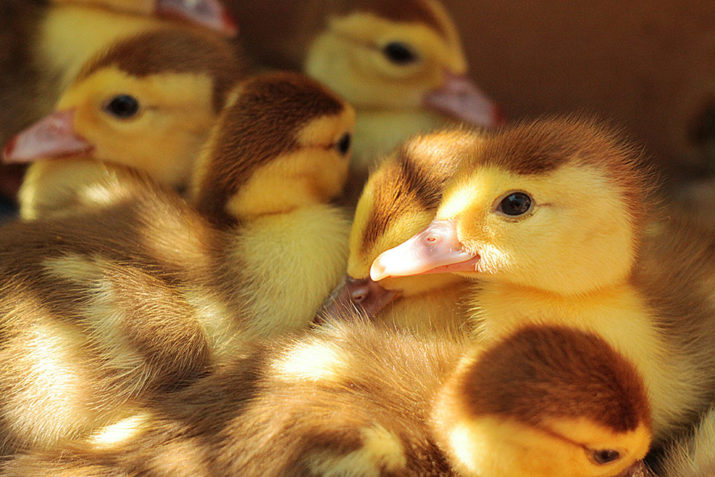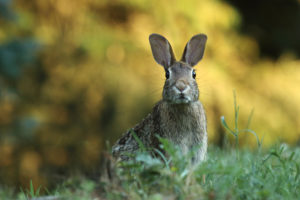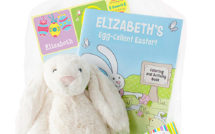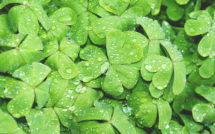
Easter is the most important event in the Christian calendar, arguably even more important than Christmas. If you’re Christian, your children will probably have plenty of questions about the holiday. Here’s some of the most common questions you’ll hear, with suggestions on how to satisfy your child’s curiosity and educate them about the most important event in Christendom.
What is Easter and Why Do We Celebrate It?
Easter is the celebration of the rebirth of Jesus Christ three days after he died on the cross to forgive humanity’s sins. His resurrection represents the defeat of death and sin, and how He won eternal life in heaven for those who follow Him.
The History of Easter
In the early days of Christianity, Christians celebrated Jesus’s resurrection every Sunday. In many ways this remains true—church sermons, at their heart, are a celebration of Christ’s victory.
When church leaders held the Council of Nicea in 325 AD, they decided one Sunday in particular should be a special celebration of Christ’s rebirth. That day became Easter.
Why Do They Call It Easter?
No one really knows how Easter got its name. One popular tradition holds that Christian priests linked the celebration to a pagan festival for the spring goddess Eostre to encourage pagan Europeans to convert to Christianity. But aside from one medieval reference, little evidence exists to support this claim.
A second theory suggests the name has its origins from the Latin hebdomada alba, or White Week. White Week got its name from the white clothes people wore for baptism.
How did hebdomada alba become Easter? It’s thought that when the term was translated into Old High German it was somehow misread as “esostarum,” which eventually became the English Easter. So yes, the history of Easter may have been forever changed by a German scribe who wasn’t a good reader!
Why Does the Date of Easter Change and Not Christmas?
This must be one of the more confusing questions about the history of Easter to answer. After all, Jesus’s birthday doesn’t change dates every year.
Ultimately, it’s a matter of tradition. The Bible tells us Jesus and his disciples ate the Last Supper on the night of Passover. Christ died the next day (Good Friday) and rose three days later (Easter Sunday).
Passover is a “movable” festival held in the first full moon after the vernal equinox, as the Jewish calendar is based on lunar and not solar cycles. Today, we celebrate Easter based on the date of the Jewish festival Christ Himself was celebrating (it’s actually a little more complicated than that, but this simplified version should help explain it to children).
How Do We Celebrate Easter?
Christians celebrate Easter with a special sermon at church. At home, children often decorate eggs, which have long been a symbol of life.
Easter is also associated with rabbits. This isn’t really a surprise, as young rabbits are a symbol of spring in many cultures. The Easter Bunny probably grew out of these traditions.
Gifts are an important part of celebrating Easter. Children traditionally received new clothes for the holiday. That tradition has expanded to include chocolate eggs and Easter baskets.
Most store-bought Easter baskets are filled with cheap plastic toys and low-quality, high-sugar candy. This year, why not make your own Easter basket with a selection of personalized Easter books and gifts, such as the My Snuggle Bunny gift set?
Resources



